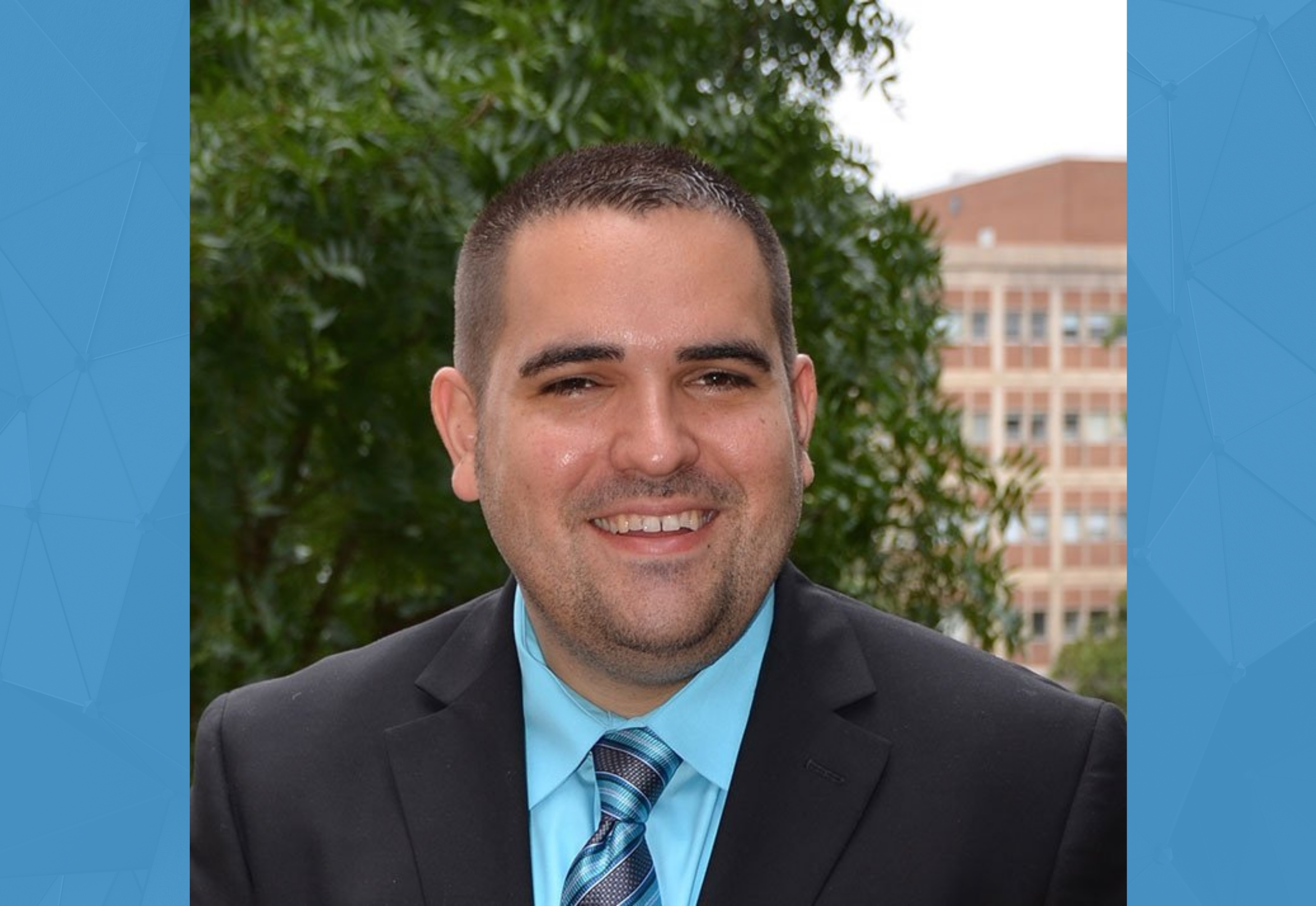Jason Surratt receives Kenneth T. Whitby Award for outstanding contributions to aerosol research

Jason Surratt (Graphic by UNC-Chapel Hill Chemistry Communication) (Image courtesy of UNC Gillings School of Global Public Health)
October 26, 2021 | By UNC Gillings School of Global Public Health
Professor Jason Surratt, PhD, has been selected as the 2021 recipient of the prestigious Kenneth T. Whitby Award in recognition of outstanding technical contributions to aerosol science and technology by a young scientist. This award is sponsored by the American Association for Aerosol Research (AAAR) and is voted by a committee of peers – the AAAR Awards Committee.
The award memorializes Kenneth T. Whitby, known for his contributions to aerosol measurement, the study of aerosol properties and behavior, and the nature of atmospheric aerosols. Whitby established the University of Minnesota’s Particle Technology Laboratory in the Department of Mechanical Engineering.
Surratt is a professor in the Department of Environmental Sciences and Engineering at the UNC Gillings School of Global Public Health and in the Department of Chemistry at the College of Arts and Sciences. He has published 120 peer-reviewed papers covering fundamental gas and particle-phase chemistry of isoprene and its products, health impacts of organic species, and, more recently, airborne per- and polyfluoroalkyl substances (PFAS).
“Jason’s outstanding contributions to the atmospheric chemistry fundamentals are ground-breaking,” said Wei You, professor of chemistry and department chairperson of chemistry. “We were thrilled when he accepted a joint appointment with the chemistry department in 2020. He has since gone above and beyond in his research contributions, including in joint research projects and mentoring chemistry graduate students. Jason is a great colleague and a truly excellent scientist.”
“Jason has shown the field that we can understand these complex reaction systems through dedicated analytical and chemistry developments, leveraging synthetic organic chemistry advances to produce reactant materials for laboratory studies, conducting controlled experiments for hypothesis testing and exploration of relevant phase spaces in the laboratory, and top-down assessments using detailed field observations,” the AAAR Awards Committee wrote. “Fifteen years ago, a research group might have focused on one or two of these three elements, but Jason showed the power of using all of them for a specific atmospheric aerosol problem.”
“Jason Surratt’s research group has transformed the way we think about biogenic emissions and air pollution,” said Barbara Turpin, PhD, professor and chair of environmental sciences and engineering. “Isoprene is the most abundant non-methane hydrocarbon in the atmosphere; it is emitted from plants. His group showed how anthropogenic emissions (such as sulfate from coal combustion) interact with these biogenic emissions to alter air pollution properties and effects. They used detailed chemical experiments with intermediate products synthesized at Gillings to elucidate the gas and aerosol-phase chemistry. They identified unique tracer compounds and used these to show how important this chemistry is in the atmosphere, particularly in the southeastern United States. His work has been incorporated into regulatory air quality models to enable the design of more effective and cost-efficient air quality management strategies. Jason has influenced the field of atmospheric chemistry globally. He is a dedicated teacher, mentor and colleague, and he is a tremendous asset to Gillings.”
Surratt received the award during the AAAR 2021 Annual Conference held on Oct. 20.

